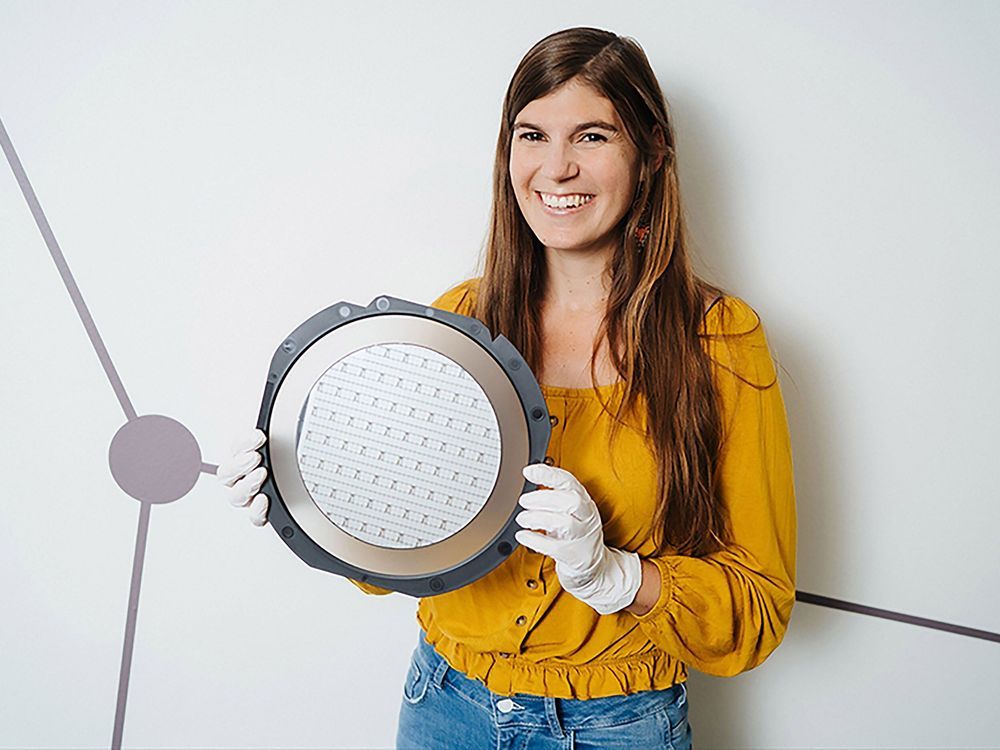Aug 28, 2019
Android 10 coming soon, with important privacy upgrades
Posted by Quinn Sena in categories: computing, mobile phones, security
It’s official: Android 10, the next version of the Android operating system, ships 3 September 2019. Well, it’s semi-official, at least.
Mobile site PhoneArena reports that Google’s customer support staff let the date slip to a reader during a text conversation. Expect the operating system, also known as Android Q, to hit Google’s Pixel phones first before rolling out to other models. It will include a range of privacy and security improvements that should keep Android users a little safer.

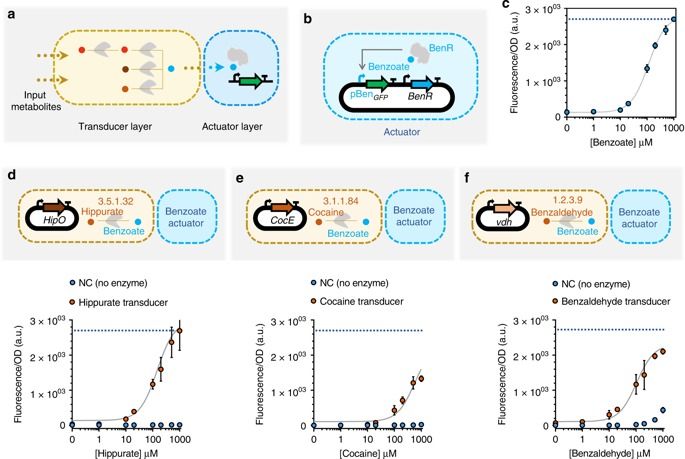
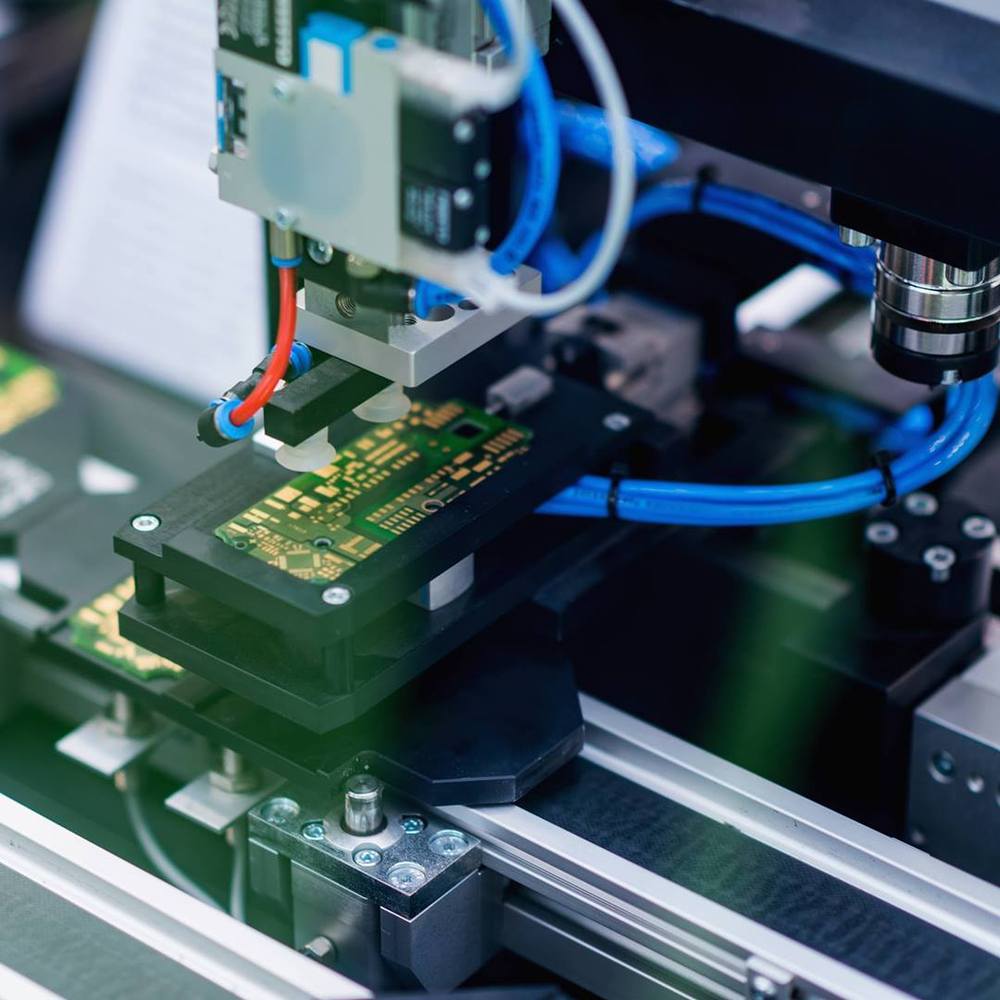
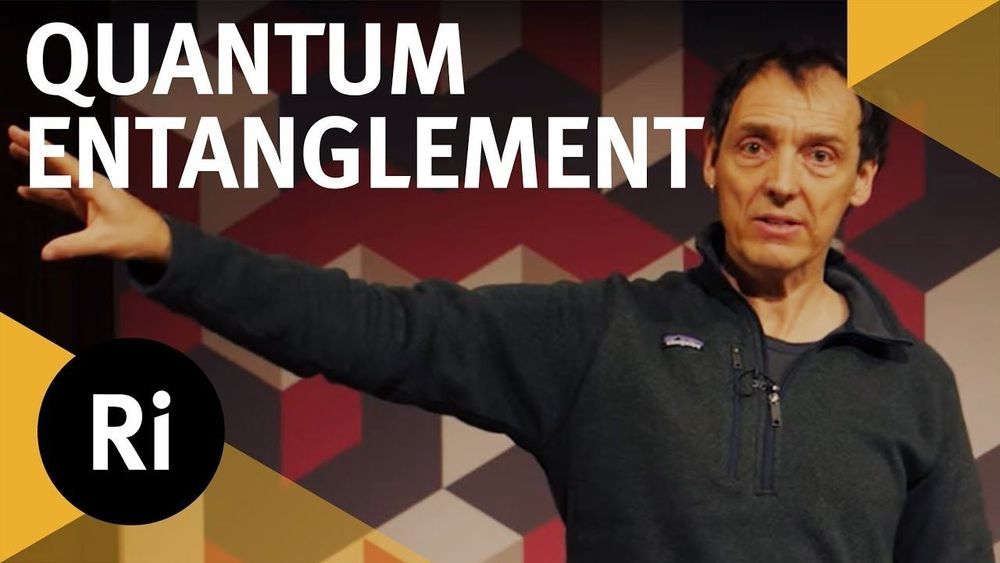
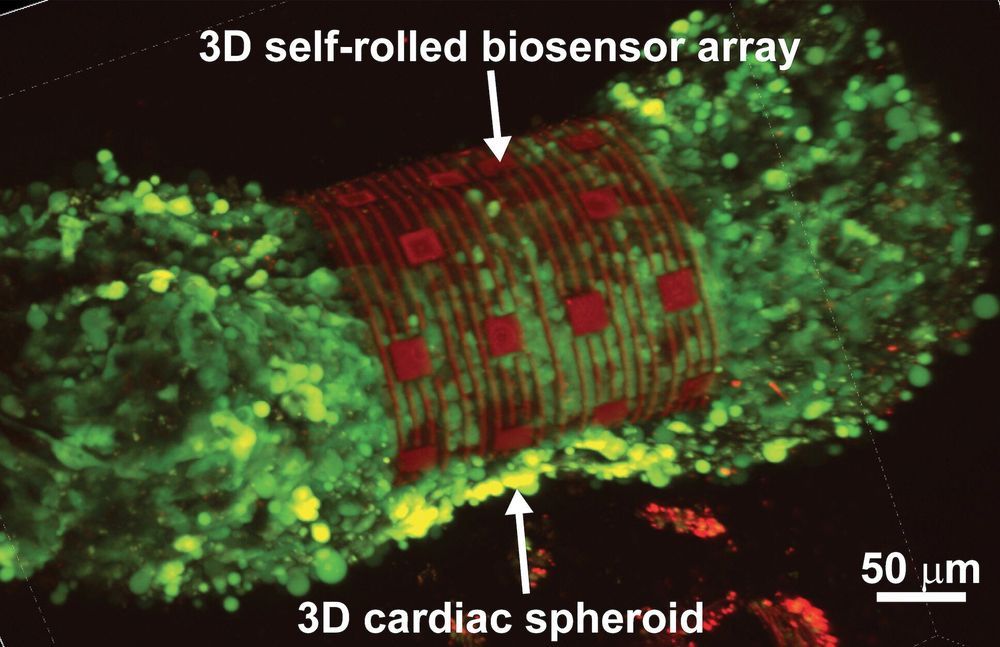

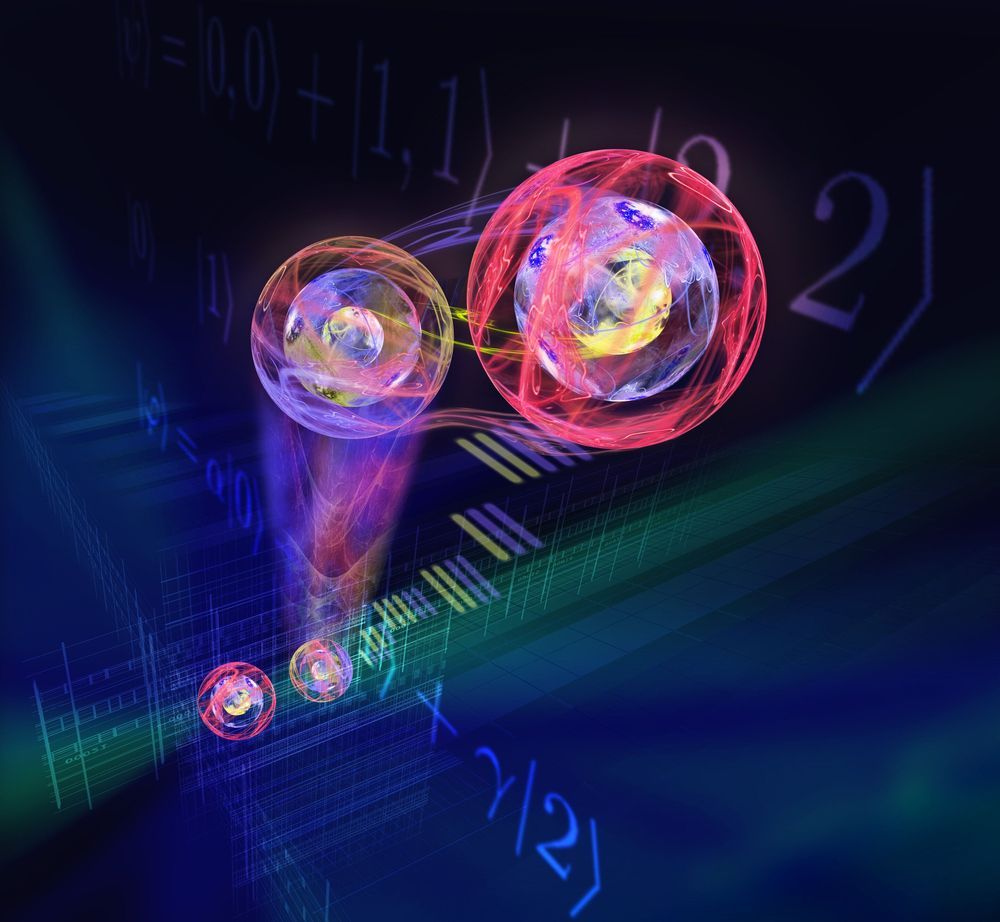

 Last year, Pentagon mad science arm DARPA was working on one of its wildest projects yet: a microchip-sized nuclear reactor. The program is now officially done, the agency says. But these sorts of far-out projects have a habit of being reemerging under new managers and new names.
Last year, Pentagon mad science arm DARPA was working on one of its wildest projects yet: a microchip-sized nuclear reactor. The program is now officially done, the agency says. But these sorts of far-out projects have a habit of being reemerging under new managers and new names.
